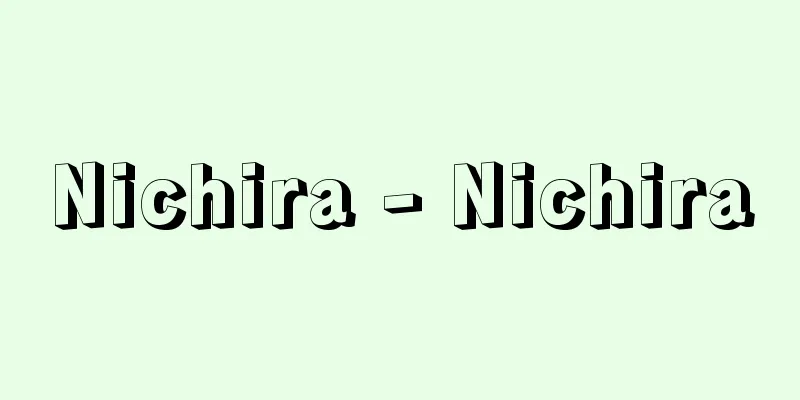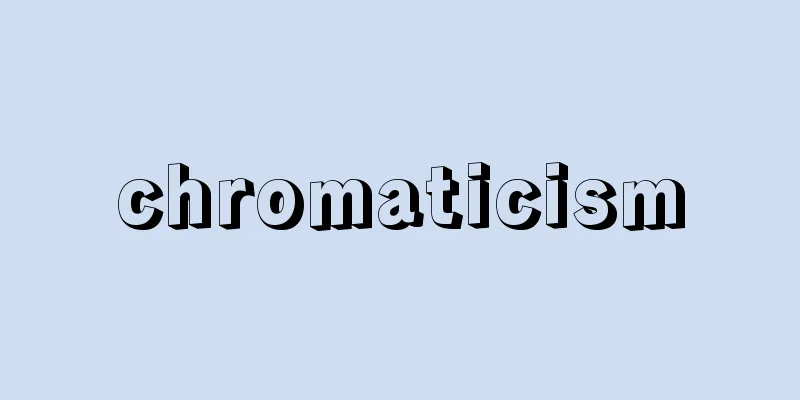Law on the Elimination of Excessive Concentration of Economic Power - Kado Keizairyoku Shuchuu Haijohho

|
This law was enacted in 1947 (Showa 22) as part of the economic democratization that followed the dissolution of the zaibatsu after World War II, in order to eliminate excessive concentration of economic power. The purpose of this law was to decentralize companies that had become too large during the war due to corporate restructuring, etc., so that they would fit into the postwar economy, and to create a democratic economic system based on market competition. The companies that were subject to elimination under this law were those designated by the Holding Company Reorganization Committee according to certain criteria, and the elimination of economic concentration was carried out in accordance with instructions decided by the Committee after going through certain procedures based on a corporate reorganization plan prepared by the company and approved by the Committee, or prepared by the Committee itself. 325 companies were designated under this law in 1948, but since the US policy toward Japan changed in response to changes in the international situation, the elimination of concentration under this law was not thorough, and it was abolished in 1955. Note that, like this law, the Antimonopoly Act was enacted in 1947 with the aim of maintaining competitive order. [Toda Shuzo] [Reference item] |Source: Shogakukan Encyclopedia Nipponica About Encyclopedia Nipponica Information | Legend |
|
1947年(昭和22)に、第二次世界大戦後の財閥解体による経済民主化の一環として、過度の経済力の集中を排除するために制定された法律。この法律は、戦時中、企業整備などにより規模が過大となった企業を、戦後の経済に適合するよう分散化するとともに、市場競争による民主的な経済体制をつくりだすことを目的としていた。この法律により排除の対象となるのは、持株会社整理委員会が一定の基準に従って指定した会社であり、当該会社が作成して同委員会が承認し、または同委員会が自ら作成する企業再編成計画に基づき、一定の手続を経て同委員会が決定した指令に従い、経済力集中の排除が実施された。この法律により1948年に325社の指定が行われたが、その後、国際情勢の変化に対応してアメリカの対日政策が変わったため、この法律による集中排除は徹底せず、1955年に廃止された。なお、この法律と同様、競争秩序を維持することを目的として1947年に制定された独占禁止法がある。 [戸田修三] [参照項目] |出典 小学館 日本大百科全書(ニッポニカ)日本大百科全書(ニッポニカ)について 情報 | 凡例 |
<<: "Gate Courtesy" - Kado Keisei
Recommend
The Tale of Jiraiya
A reading book written by Kanwatei Onitake and ill...
Indian Sculpture
...the general term for art that has been produce...
Bretschneidera sinensis Hemsl.
A deciduous tree with one species in one genus and...
Itasaka Munetaka
...A collection of what Isasaki Bosai, the person...
Indian Saffron
… [Hoshikawa Kiyochika] [dye] A hot water extract...
Torres (English spelling)
Born: 1497. Valencia [Died] October 2, 1570. Shiki...
Manta ray - Manta ray
A general term for the family or genus of the Mob...
Alp Tigīn (English spelling)
Founder of the Turkish Ghaznid dynasty in Afghanis...
Gorgeous body
…This is a new style of poetry that was written b...
Aglaozonia - Aglaozonia
...In late spring, dark brown wart-like protrusio...
Mirror ceiling
A flat ceiling with no visible ridges or railings....
Alamogordo - Alamogordo (English spelling)
A commercial city in southern New Mexico, United ...
Villoldo, A. (English spelling) VilloldoA
...Also, the influence of the Italian immigrants ...
Roller skate
The name "roller" comes from the fact t...
moiety
…a social organization or state in which a societ...









